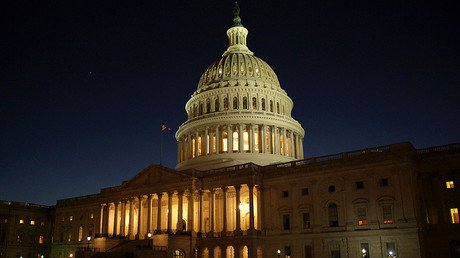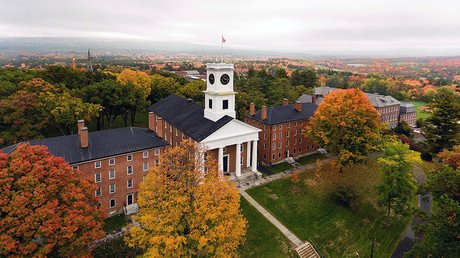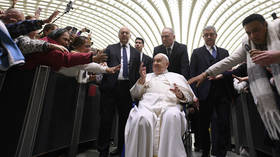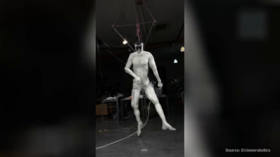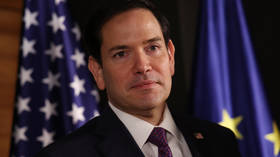Majority of Americans want right to express unpopular opinions, even if it offends – poll
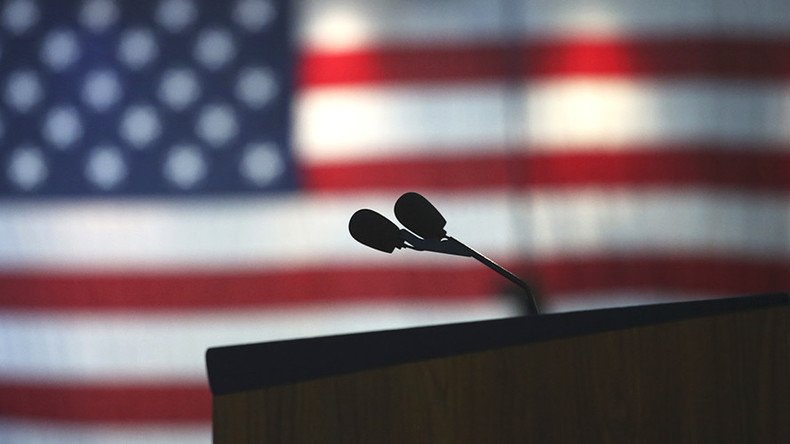
Most Americans no longer feel at ease talking about their political beliefs, a new survey by the Cato Institute found. Over two-thirds wished they were allowed to express unpopular opinions in public.
According to the survey, 71 percent of Americans “believe that political correctness has silenced important discussions our society needs to have.” At least 58 percent of Americans believe the “political climate prevents them from sharing their political beliefs.” Democrats appear to be more relaxed with sharing their political views than Republicans, according to the survey.
Some 53 percent of Democrats said they “do not feel the need to self-censor.” In contrast, the majority of Republicans and Independents (73 percent and 58 percent respectively) have acknowledged that “they keep some of their political beliefs to themselves.”
The survey also revealed that 61 percent of Hillary Clinton voters found it “hard” to be friends with people who voted for Donald Trump. By comparison, only 34 percent of Trump voters said they felt the same way about Clinton supporters.
According to the survey, 59 percent of Americans think people should have an opportunity to express unpopular opinions in public, including those utterly offensive to others. At the same time, 40 percent think the US government should prevent hate speech.
Americans are also divided on what speech is hateful, offensive or is just a political opinion. For instance, some 39 percent of conservatives think that saying the police are racist is classed as hate speech, while only 17 percent of liberals agree. Eighty percent of liberals say it’s hateful or offensive to say illegal immigrants should be deported, whereas only 36 percent of conservatives agree.
Americans appear keen to “censor, regulate, or punish” a range of speech and expression they personally find offensive, with 51 percent of liberals deeming it “morally acceptable” to punch Nazis, and 47 percent of Republicans favoring bans on building new mosques, for example.
The majority of Americans agree that colleges should expose students to “all types of viewpoints even if they are offensive or biased against certain groups.” About a third say colleges should “prohibit offensive speech that is biased against certain groups.”
Cato's 2017 Free Speech and Tolerance Survey involved 2,300 adult respondents across the US and was conducted by the Cato Institute in collaboration with YouGov. YouGov collected responses online August 15-23, 2017, the margin of error for the survey being +/- 3.00 percentage points at the 95 percent level of confidence.
